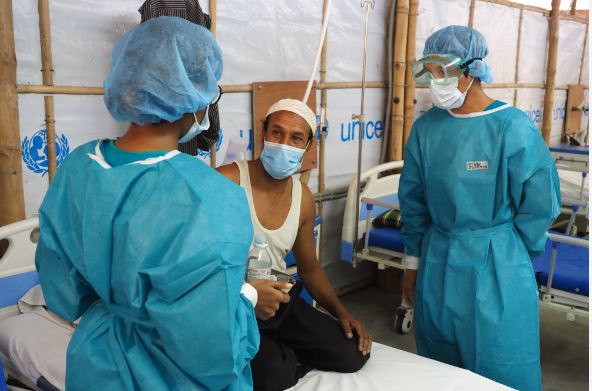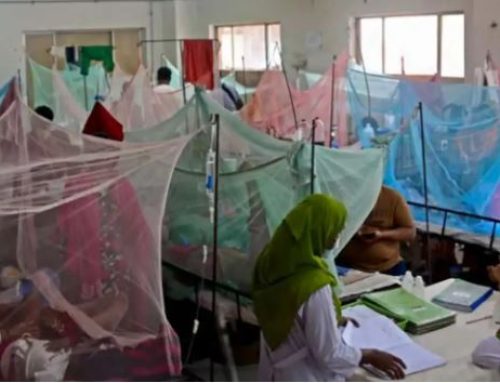Project Description
Author: Hasan et al.
Summary:
Refugees and departed immigrants living in shelter camps are usually exposed to a variety of infectious conditions, including hepatitis C virus (HCV) infection. Current relevant data for forcibly displaced Myanmar nationals (FDMN) of refugee camps, Cox’s Bazar, Dhaka is scanty for community-based remediation planning. Therefore, the present study evaluated the frequency of HCV infection among admitted FDMNs in a tertiary care hospital in close proximity to the refugee camps.
This study was conducted through a cross-sectional approach from August 2018 to January 2019 in the Department of Medicine, Cox’s Bazar Medical College Hospital. A total of 384 participants were included following informed written consent. Data collection was conducted through face-to-face interviews and laboratory analyses of blood samples (to determine seropositivity for anti-HCV antibody). The collected data were analyzed by the statistical software SPSS V 22.0. The study conformed to the ethical guidelines according to the Declaration of Helsinki.
The mean age of recruited study participants was 44.96±15.62 (SD) years, with a slight female preponderance (51.6% female vs 48.4% male). The frequency of positive HCV cases was 44%. Body piercing, tobacco consumption, and injection drug abuse were the most common risk factors for positive HCV infection. However, a statistical association of positive HCV cases was observed with middle age group (31-50 years) and illiteracy. Among the risk factors, history of multiple sexual partners, unsafe blood transfusion and injectable drug use were observed associated with HCV positivity.
Conclusion: In this study, seropositivity for hepatitis C among patients seeking medical care from a tertiary hospital was observed at an alarming rate that needs to be addressed and treated properly. Appropriate strategic measures should be ensured to prevent further transmission.
Status: Ongoing
Full text link: Not available



